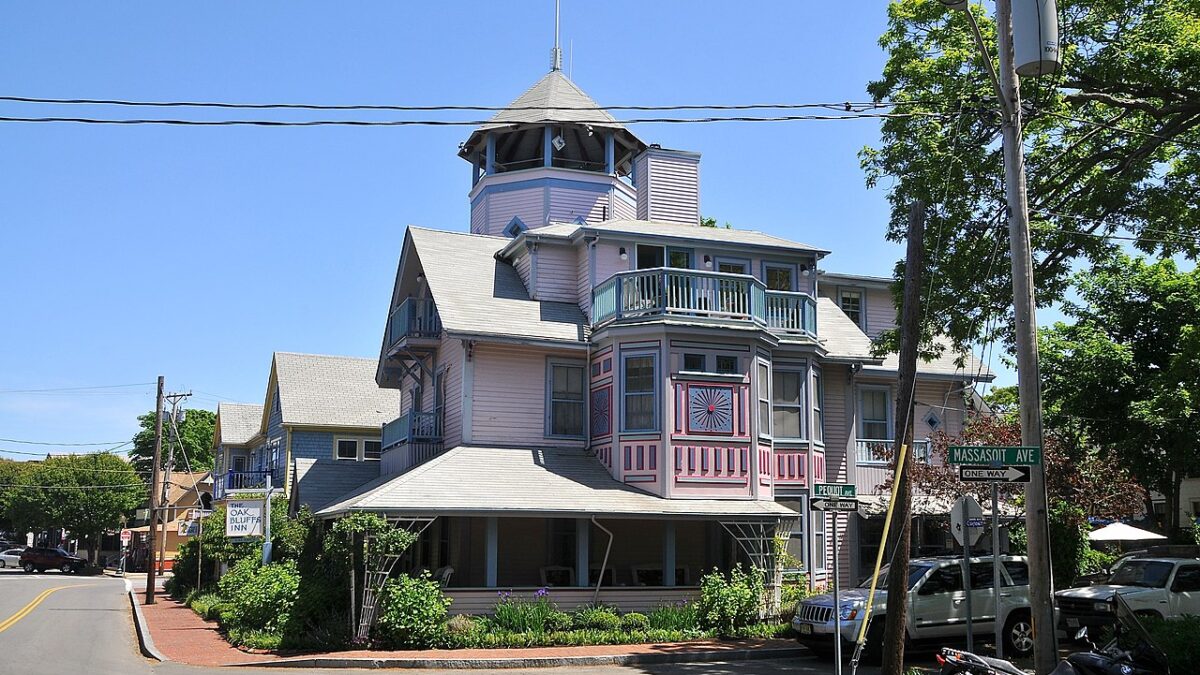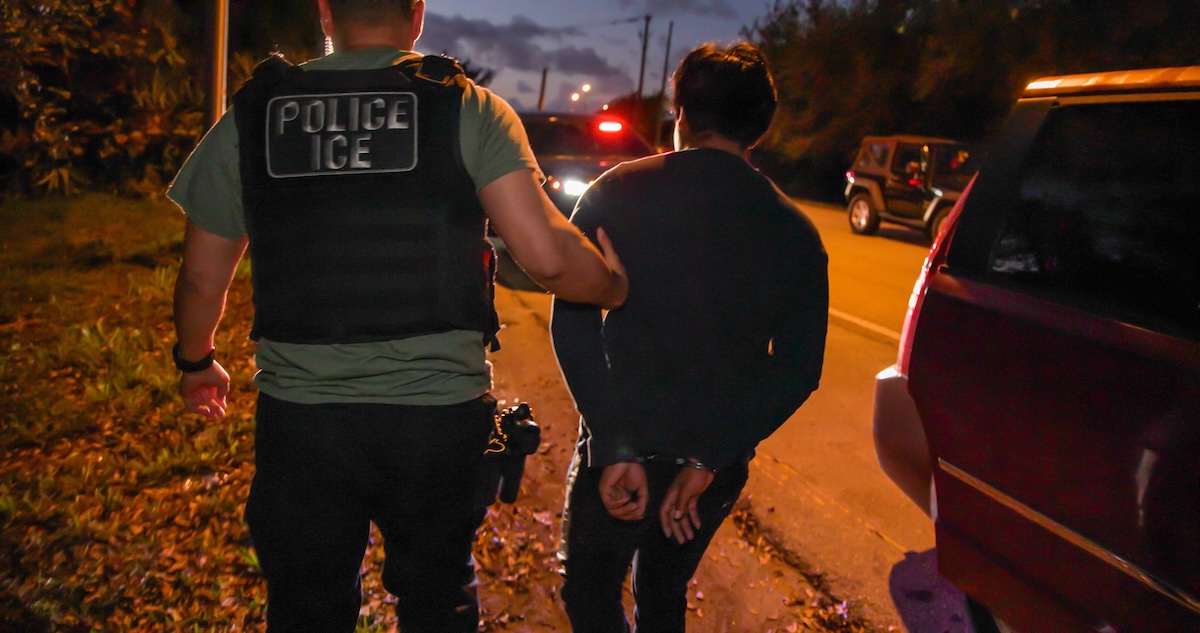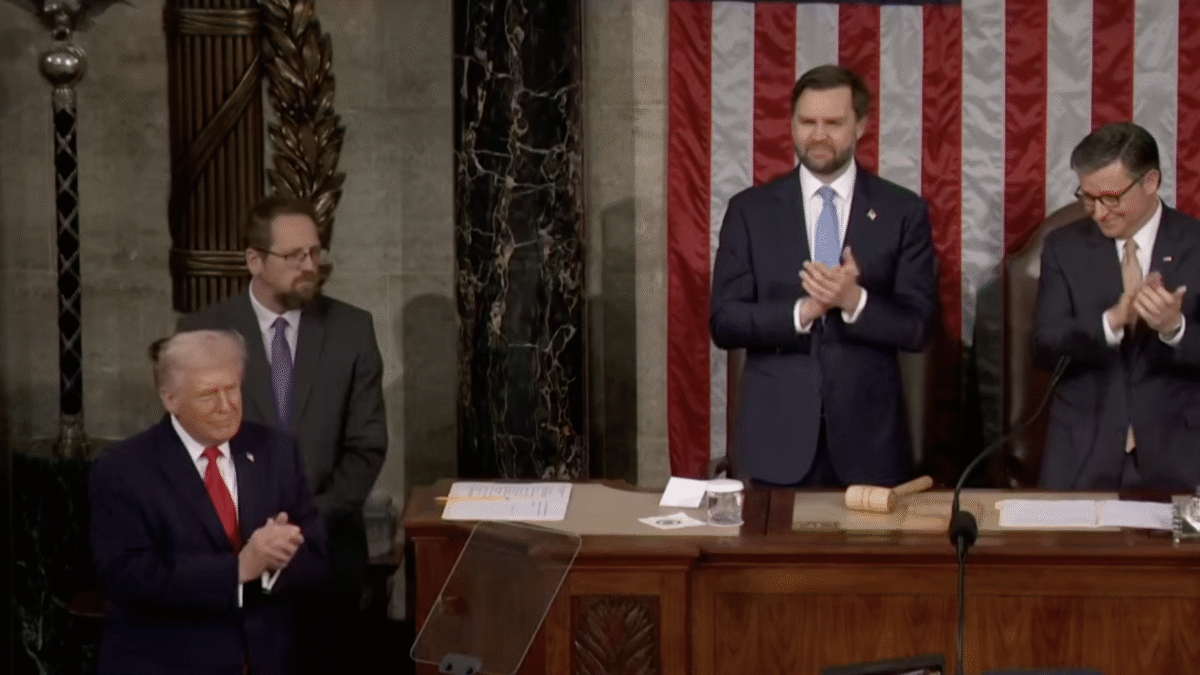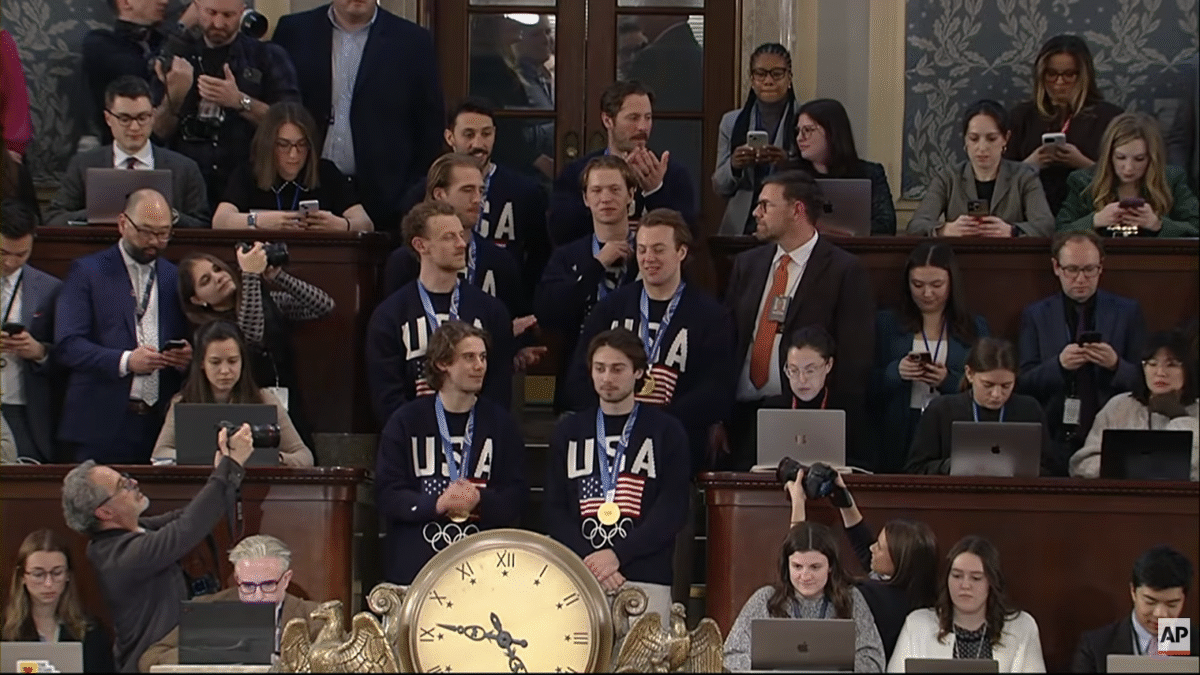In September of 2014, I found myself in a town hall meeting in Lexington, Nebraska — population 10,000. It’s a meat-packing town about three hours west of Omaha, and not what one would call a wealthy town. I was there on a campaign stop with Sen. Ben Sasse, and the people of Lexington were very concerned with one issue in particular: what to do about the 11 Central American kids the federal government had dropped off unannounced in Lexington the month prior, just before the start of school. There had been a rapid influx of unaccompanied minors crossing the border that summer, and the Obama administration just relocated many of them around the country in towns such as Lexington.
It bears repeating that these were children that needed taking care of. Whatever social services you think are needed to take care of regular migrants, this was a much bigger and more expensive issue for the town. Self-sufficiency wasn’t just a matter of finding them work — these kids had to be clothed, fed, educated, and generally looked after for years.
The townspeople were alternately irate about being put into this situation and genuinely concerned for the kids’ welfare, given the town’s limited resources. After listening to the townspeople plead for help, we got on the campaign bus and drove to the next stop. For all I know, those migrant kids are still in Lexington, and the community of Lexington is hardly unique. Hundreds, if not thousands, of American towns have had to rise to meet challenges as a result of the federal refugee resettlement.
Perhaps you can start to see why I was unimpressed with the residents of Martha’s Vineyard for harboring 50 migrants for two days before sending in the military to herd them off. And yet, because the DeSantis stunt — and there are valid objections to flinging migrants hither and yon to make a point — exposed a great deal of hypocrisy among Democrats, there is a campaign afoot to portray Martha’s Vineyard as a model of compassion for the way they treated these immigrants.
In my wildest dreams, I could not have made up CNN’s headline that was this unintentionally parodic and unflattering: “‘They enriched us.’ Migrants’ 44-hour visit leaves indelible mark on Martha’s Vineyard.”
Or take this gauzy Washington Post profile of a Bolivian immigrant-turned-Martha’s Vineyard real estate agent — please. (In case you’re wondering, the average home price on the island is over $1 million, so the commissions are decent.) The woman took a day or so off to help the migrants and gather supplies for them. Which is, I confess, admirable behavior. But it’s a drop in the bucket compared to the ongoing volunteer work being done in border towns such as El Paso, Del Rio, and Yuma, which likely see 50 or more new migrants every hour. And yet, those volunteers get little flattering national press coverage, let alone something as tone deaf as this:
As the migrants said goodbye to the local volunteers who had provided them with food and shelter, many in the group cried. Watching them leave, Lima cried too.
“You just hope that they land where they’re supposed to,” she said.
Indeed, where are they “supposed” to land? It can’t possibly be on Martha’s Vineyard because, well, excuses. The island’s permanent population of 30,000 regularly accommodates 150,000 visitors a year, but it’s after Labor Day, so it’s off-season, and they can’t accommodate a fraction of the average attendance of one of the many weddings on the island. Or something. And one of the wealthiest enclaves in America supposedly doesn’t have the resources to provide the social services necessary to help.
In fact, Martha’s Vineyard is so broke it started a GoFundMe to help with the 44-hour crisis — yes, the town actually issued a statement calling it a “humanitarian crisis.” The GoFundMe, which has since closed, was organized by Sarah Goulet on behalf of the Martha’s Vineyard Community Foundation. Sarah Goulet is a New York communications executive whose clientele seems to consist largely of art galleries, and her husband is a journalist at GQ magazine. She’s apparently made six campaign donations to Kamala Harris, our deeply unpopular vice president and “border czar” who recently assured us that our southern border is secure. As for the Martha’s Vineyard Community Foundation, it’s already sitting on a slush fund of $16 million. According to the foundation, they are using that money for efforts “addressing the effects of climate change on the Island,” “eradicating racism,” removing “the barriers that prevent equal rights for all,” and “ultimately eliminating inequality and injustice.” (Once again, I must attest to the fact that these details are real and not parody.)
How many community organizations do you think there are in Lexington, Nebraska, that have $16 million to help solve civic problems? A single charity on Martha’s Vineyard, and one heavily committed to social justice causes, could have easily supported 50 migrants on the island indefinitely until they were self-sufficient and fully incorporated into the community.
Well, there’s just one problem left to address. There’s a housing crisis on the island. Fortunately, former President Barack Obama has 29 acres on the island. Surely he could donate a plot of land and tap his own personal fortune — the deal for the Obamas’ memoirs alone was worth $65 million — to construct a shelter for these people seeking a better life here in America, right? After all, it’s the least he can do — Obama’s personally responsible for many of the immigration policies that created this “humanitarian crisis,” and he’s directly responsible for burdening other towns such as Lexington, which didn’t seem to have the option of sending their migrants elsewhere.
By now, the point here should be clear — there are no easy answers to the problems of mass immigration. But however distasteful you think it is for Republican governors to use actual migrants to prove a point, the fact is that Martha’s Vineyard voters and Massachusetts Democrats are all too happy to vote for immigration policies that are cynical political ploys they think will benefit Democrats electorally, even as they tell themselves what they are doing is compassionate.
In reality, their concern appears to be solely about optics and virtue signaling. When Republican governors send 50 migrants unannounced to Martha’s Vineyard, it’s a humanitarian crisis that gets days of national media coverage. When 51 migrants who were encouraged to illegally cross the border by the actions of Democratic politicians die in the back of a tractor-trailer abandoned by coyotes in the Texas heat, well, that’s a statistic.
When 50 migrants show up in Martha’s Vineyard, there’s a housing crisis so they must be sent elsewhere. When 10,000 Haitian migrants cross the border with nowhere to go, it’s fine if they have to sleep under a bridge indefinitely so long as that is the problem of Del Rio, Texas.
Sending migrants to Martha’s Vineyard may have been a distasteful stunt, but the point was very effectively made, and the attempts to spin what happened aren’t hiding the truth: When it comes to immigration, there is no upper bound to the burdens and suffering progressive elites will demand of others. There is definitely an upper bound to the burden they’re willing to endure themselves — and in their own rich enclaves, it is appallingly low.








